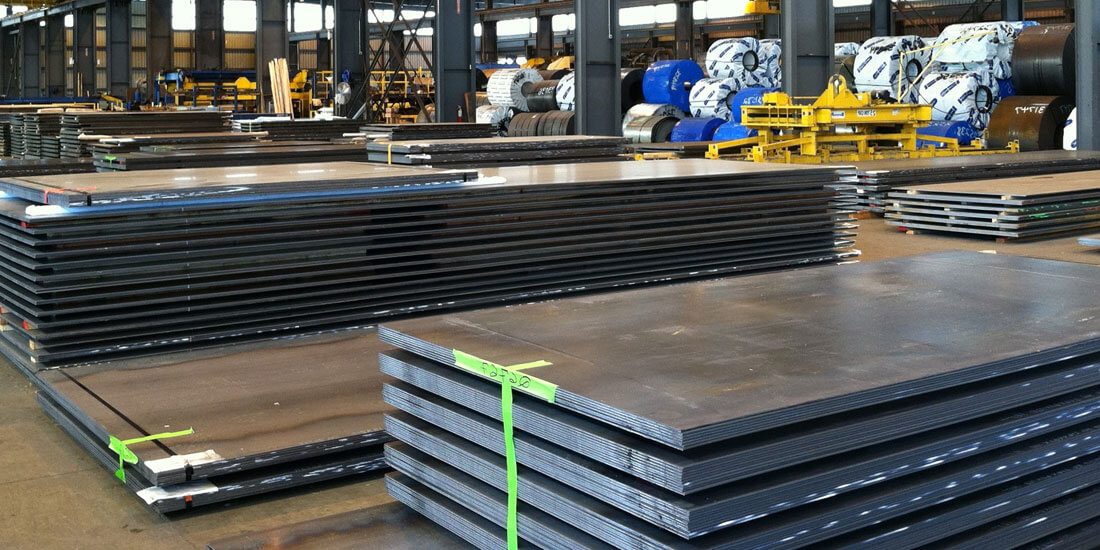AISI 4820H

Alloy steels comprise many types of steels whose compositions exceed the limitations of C, Mo, Cr, Va, Mn, Ni, Si, and B allocated for carbon steels. These steels are more responsive to mechanical and heat treatments than carbon steels.